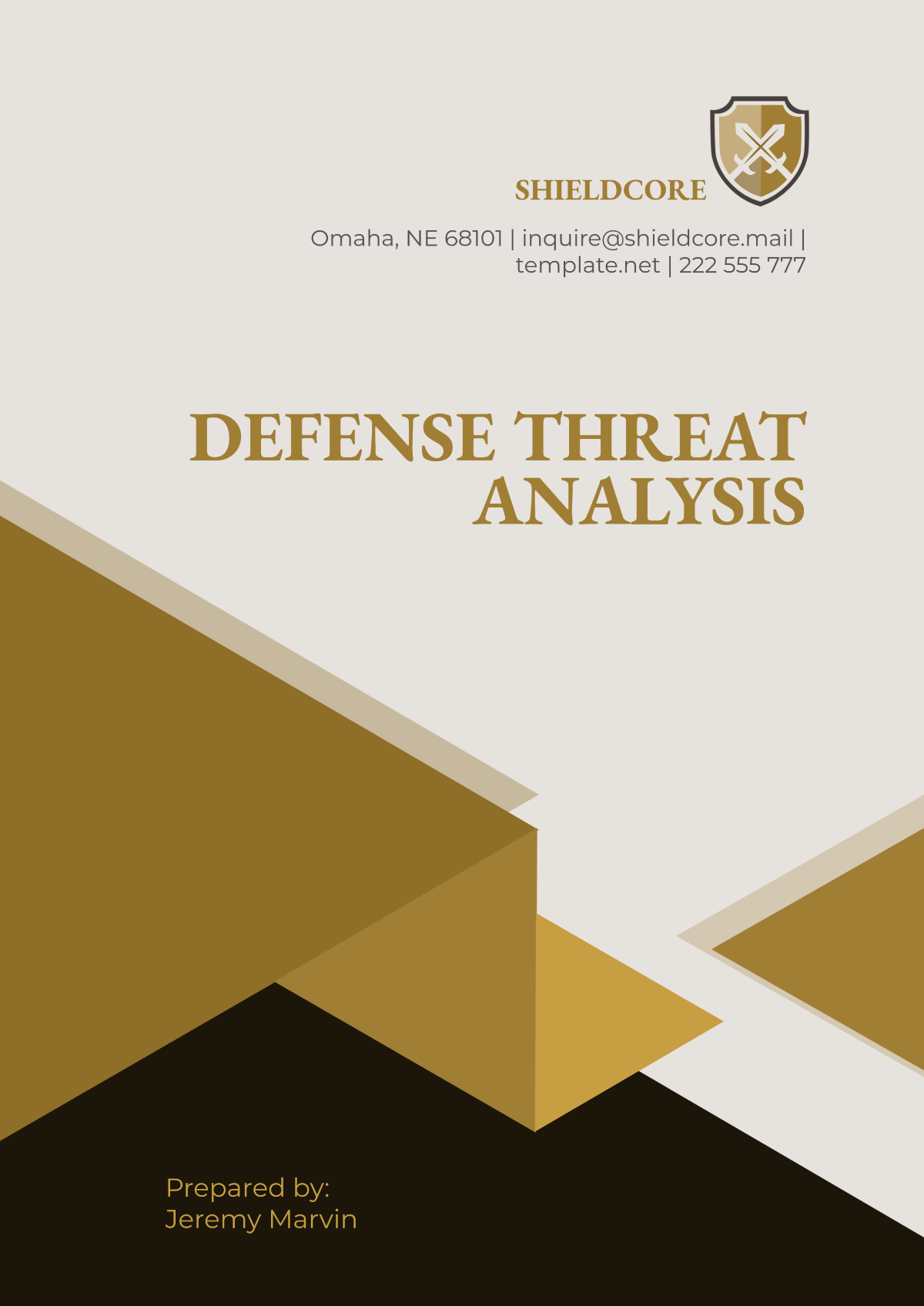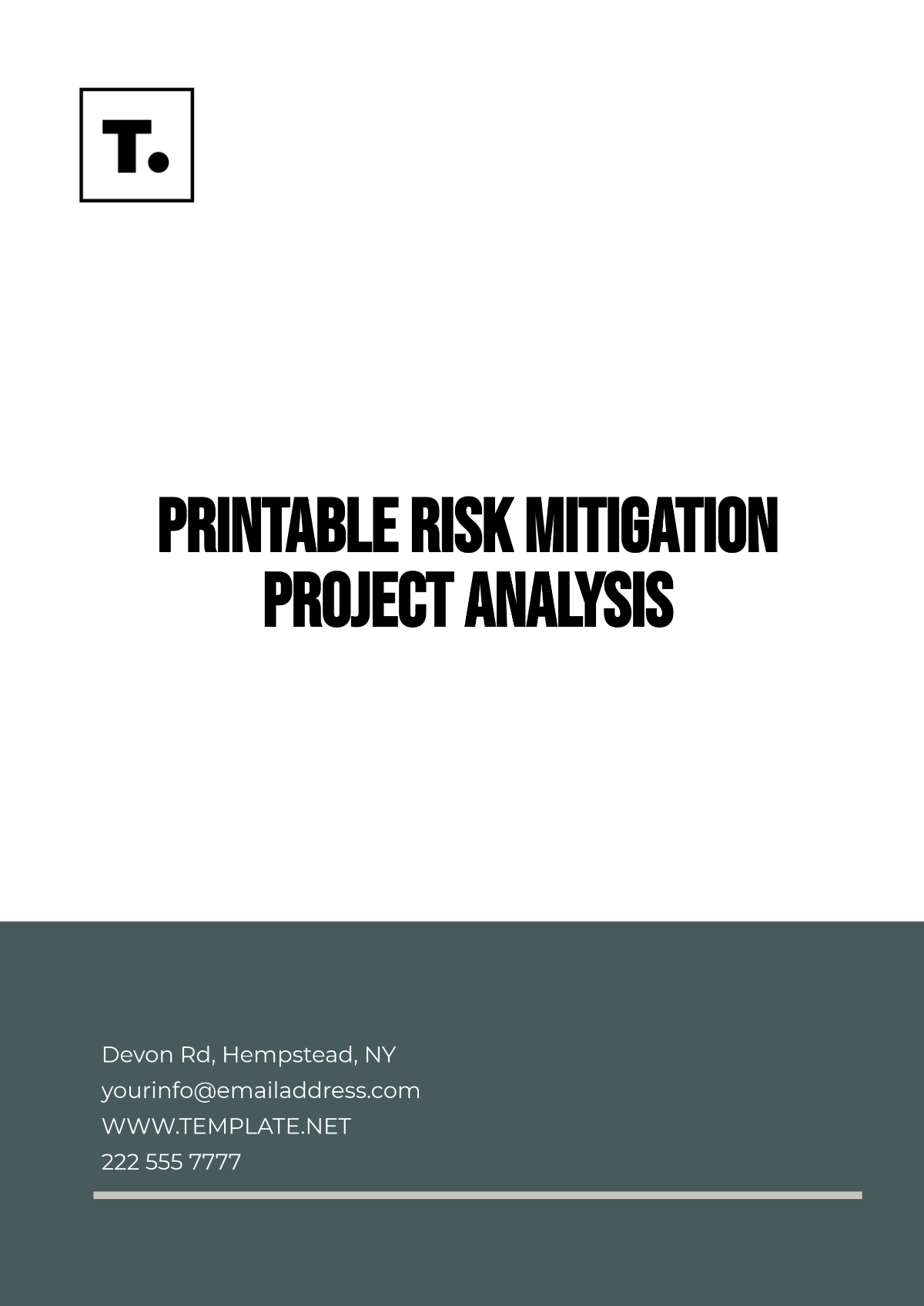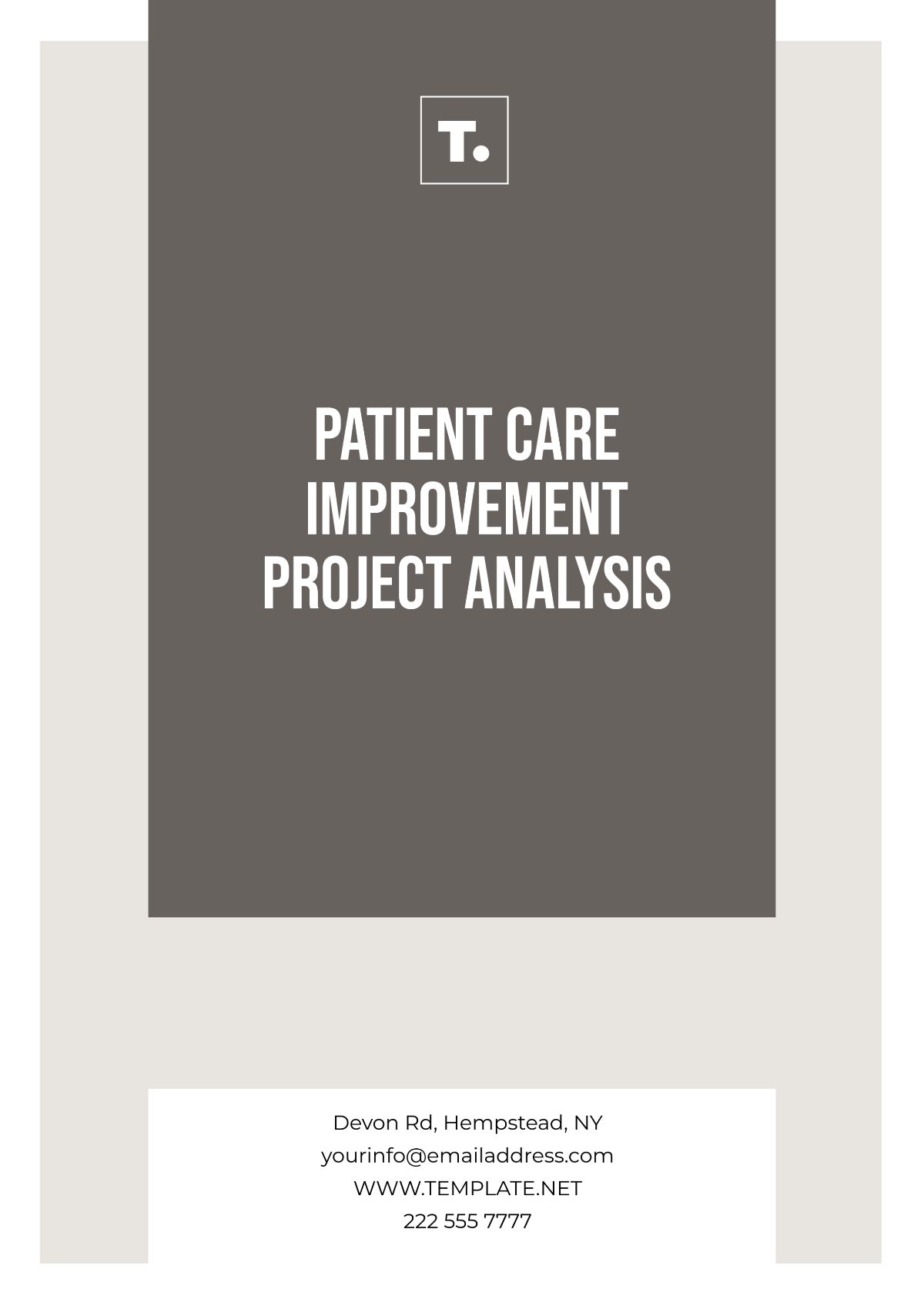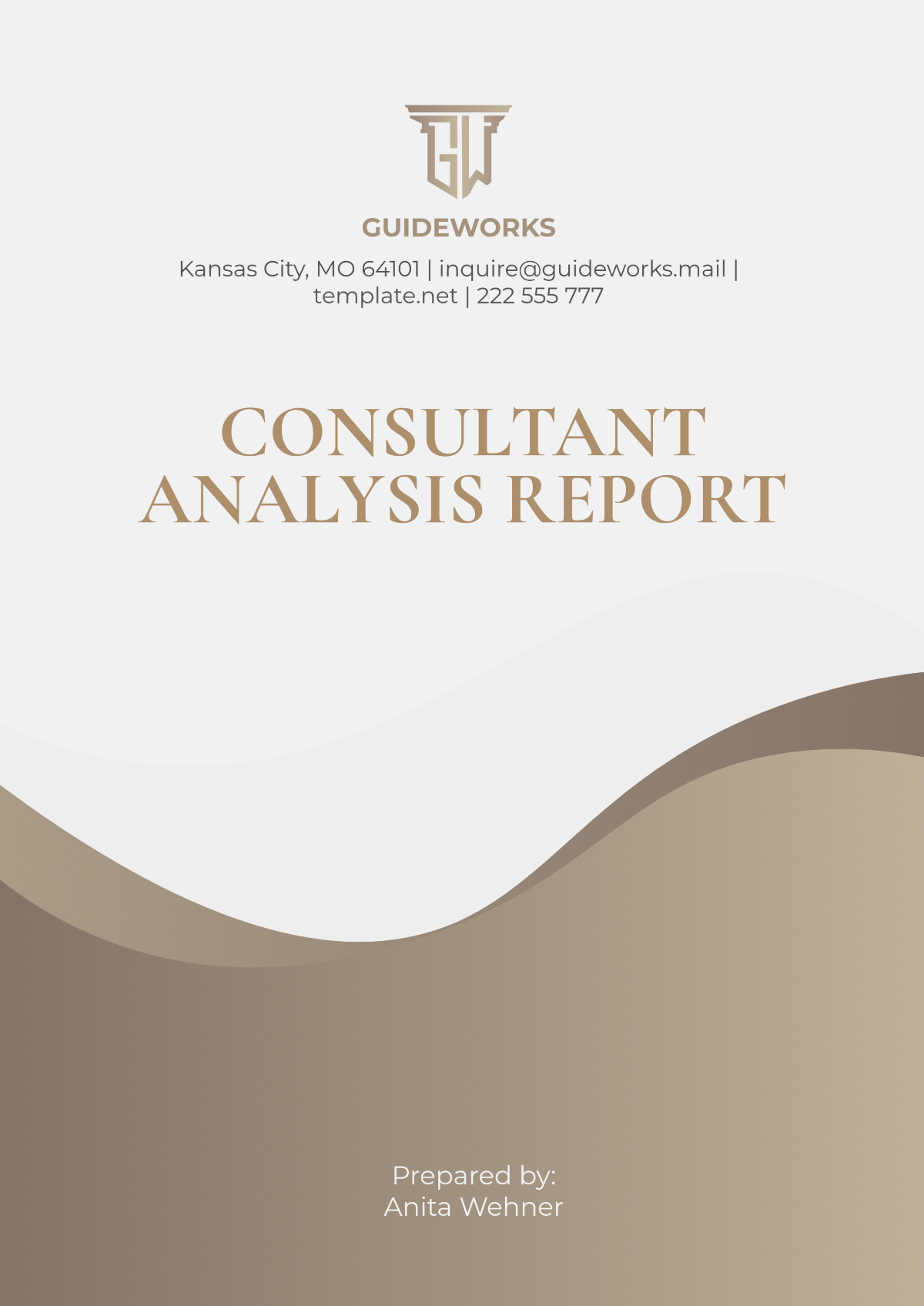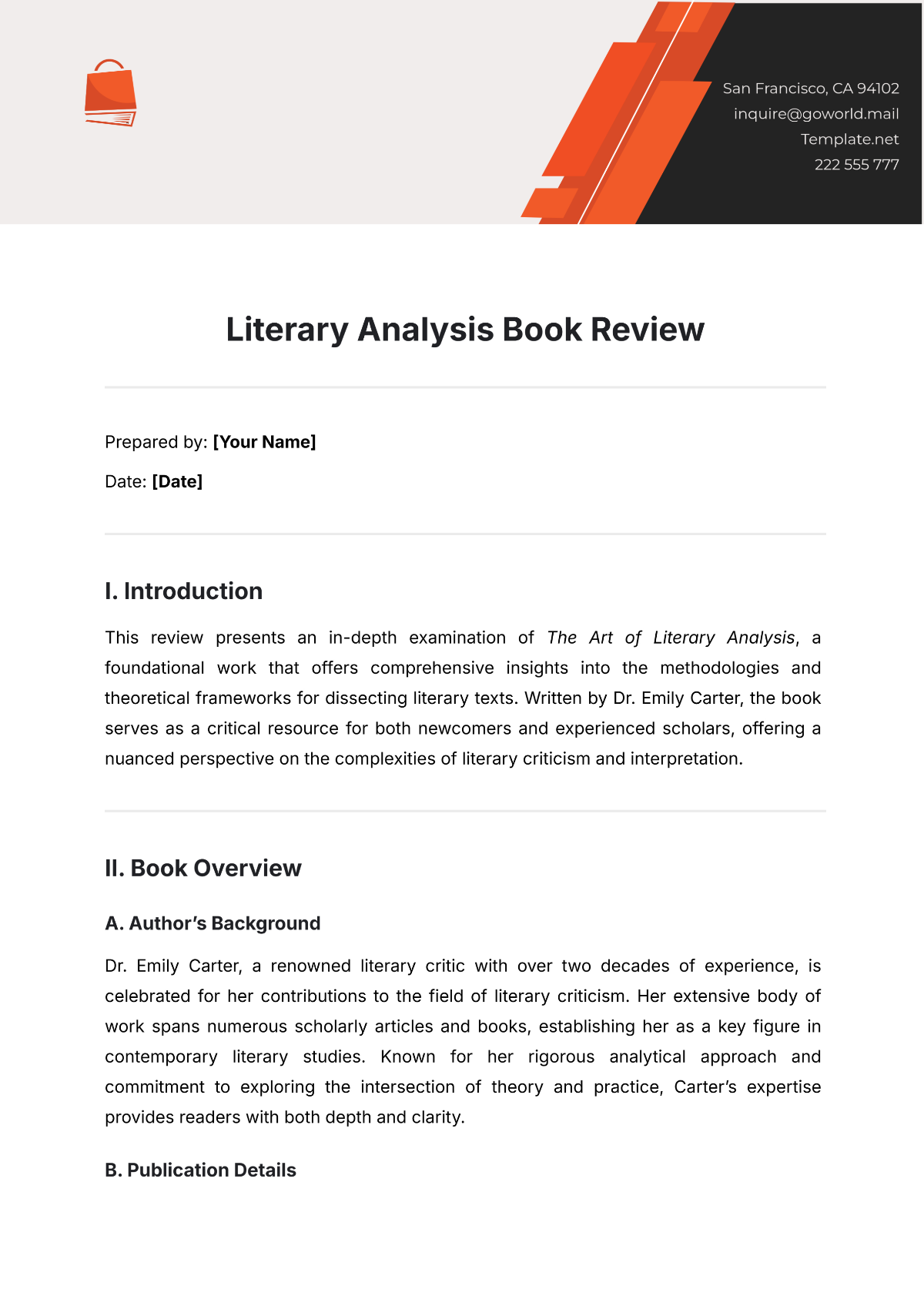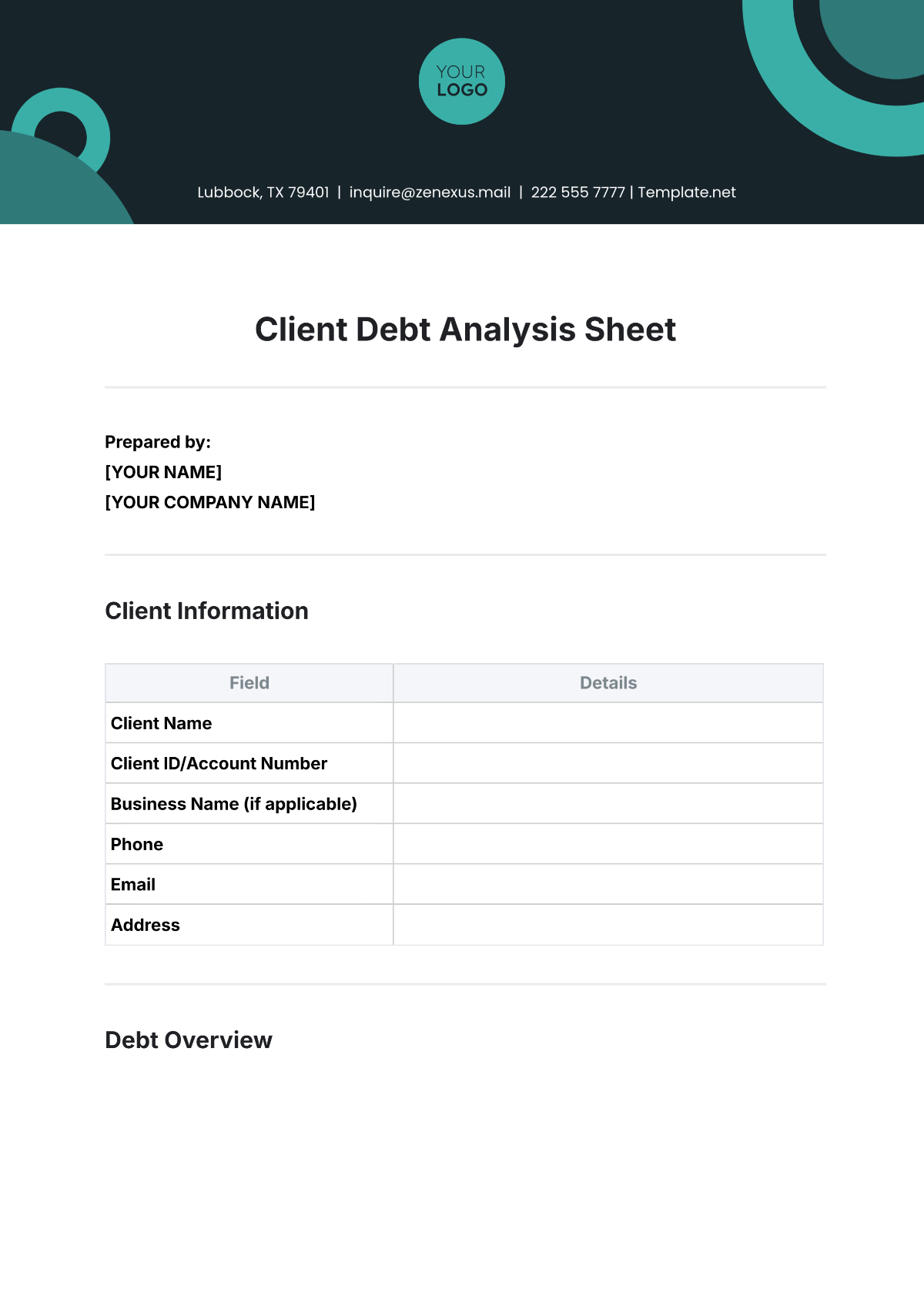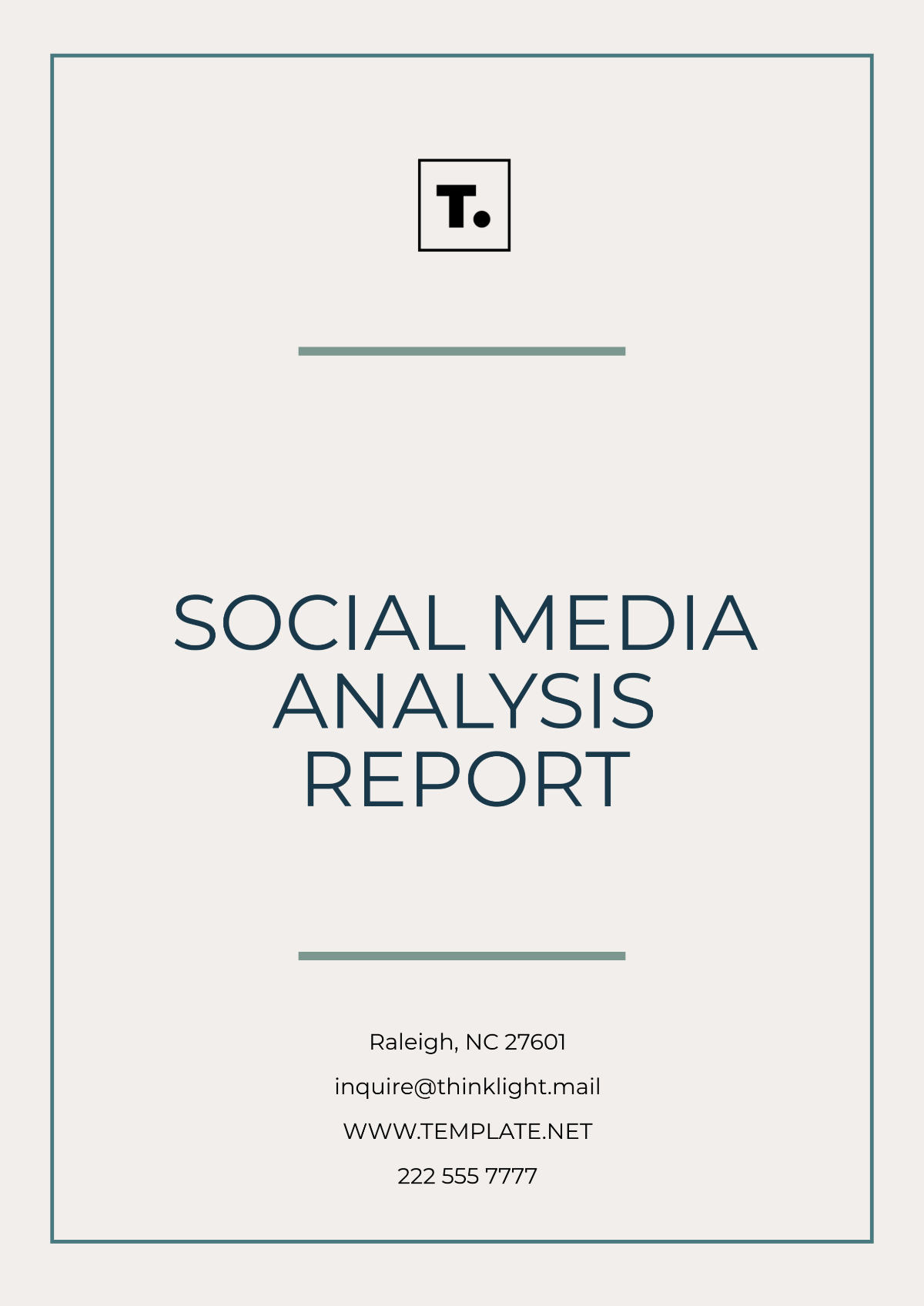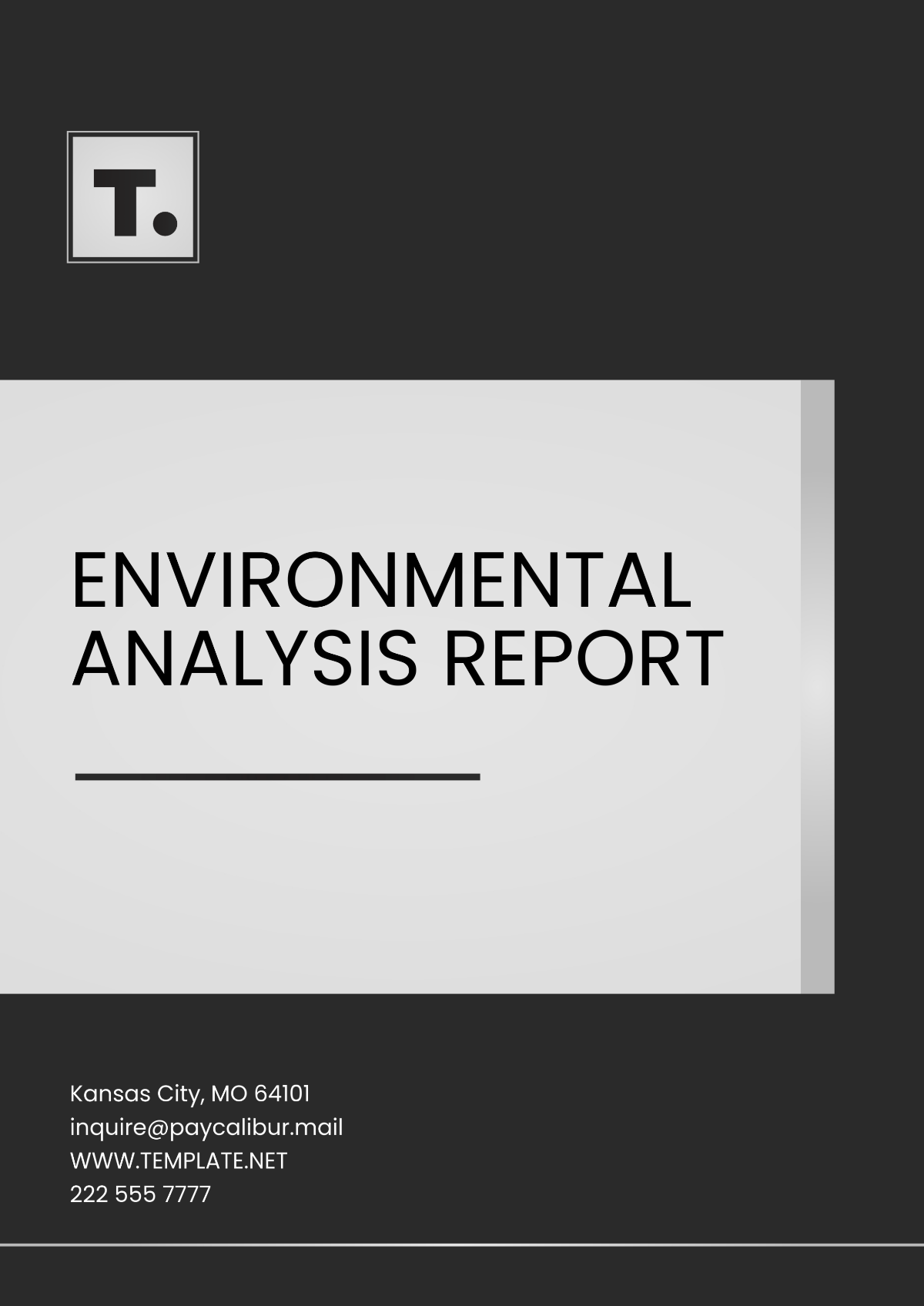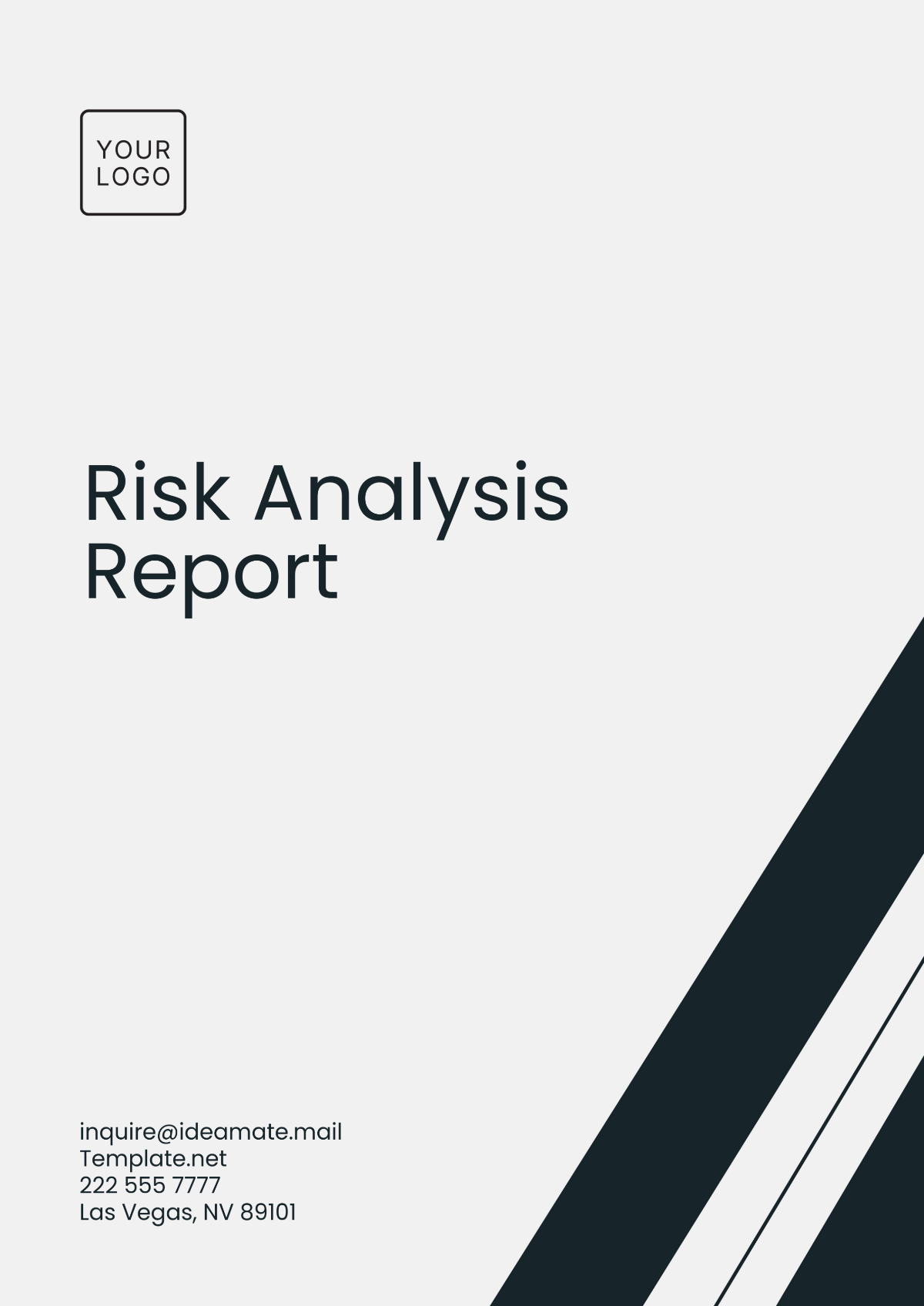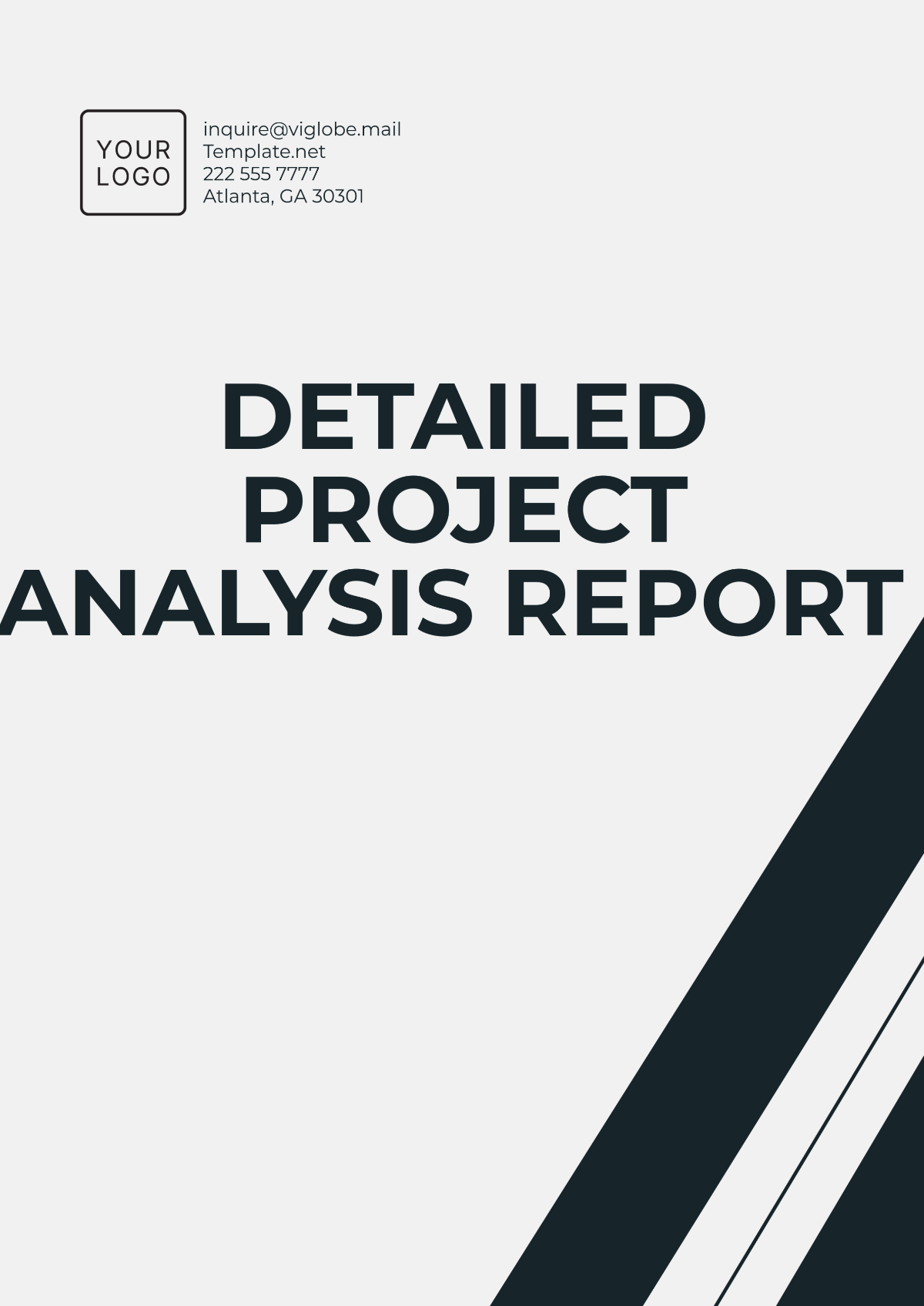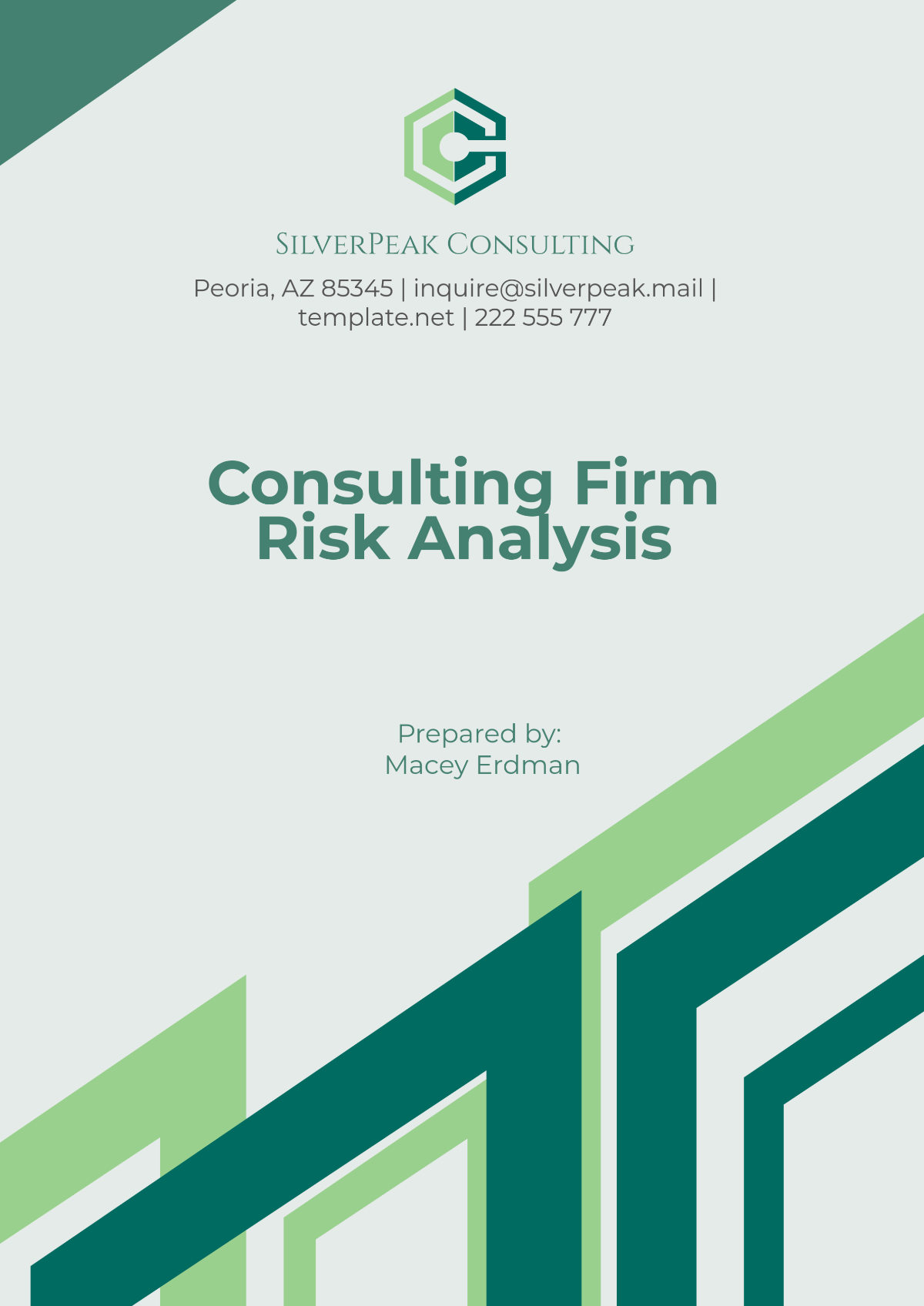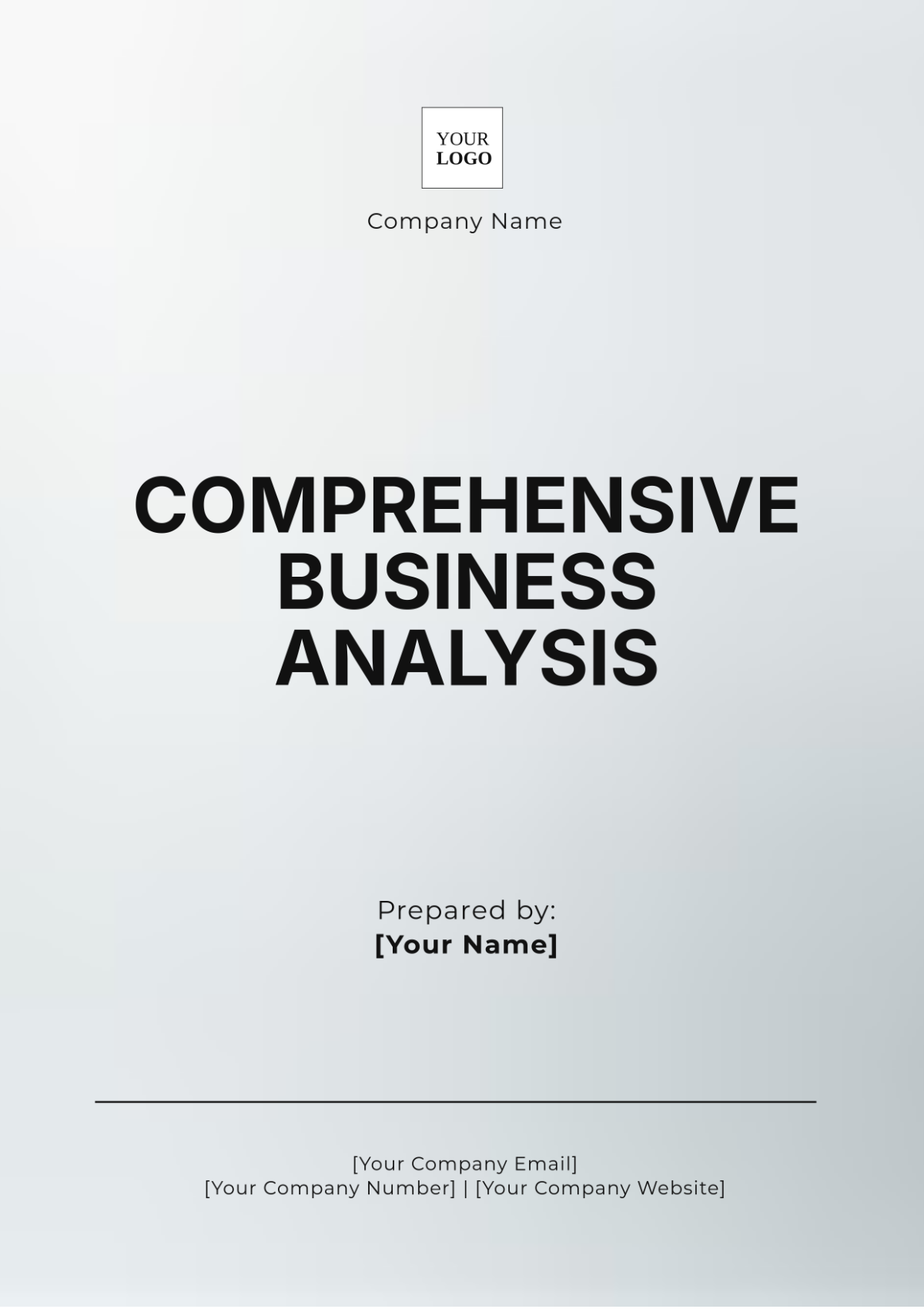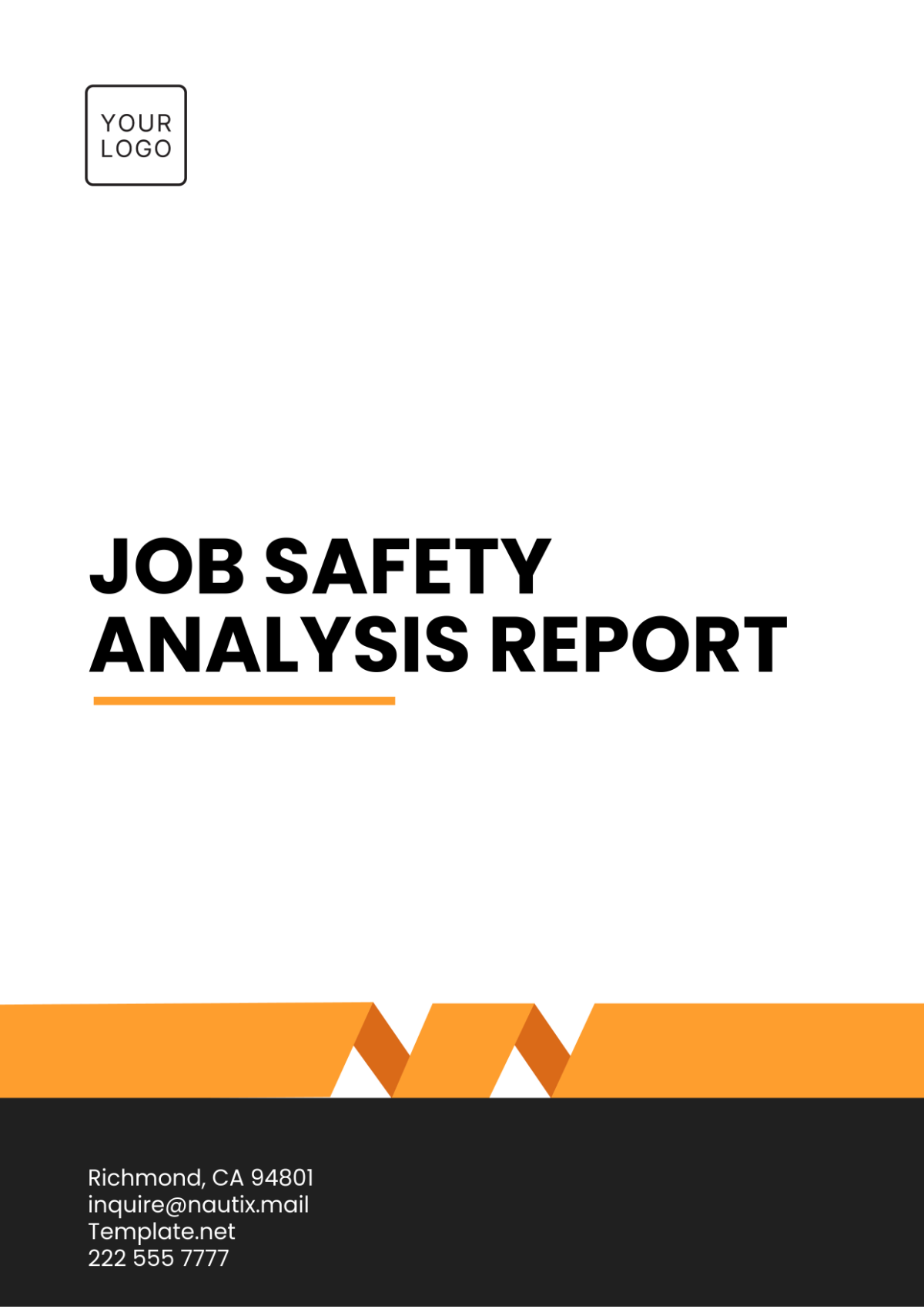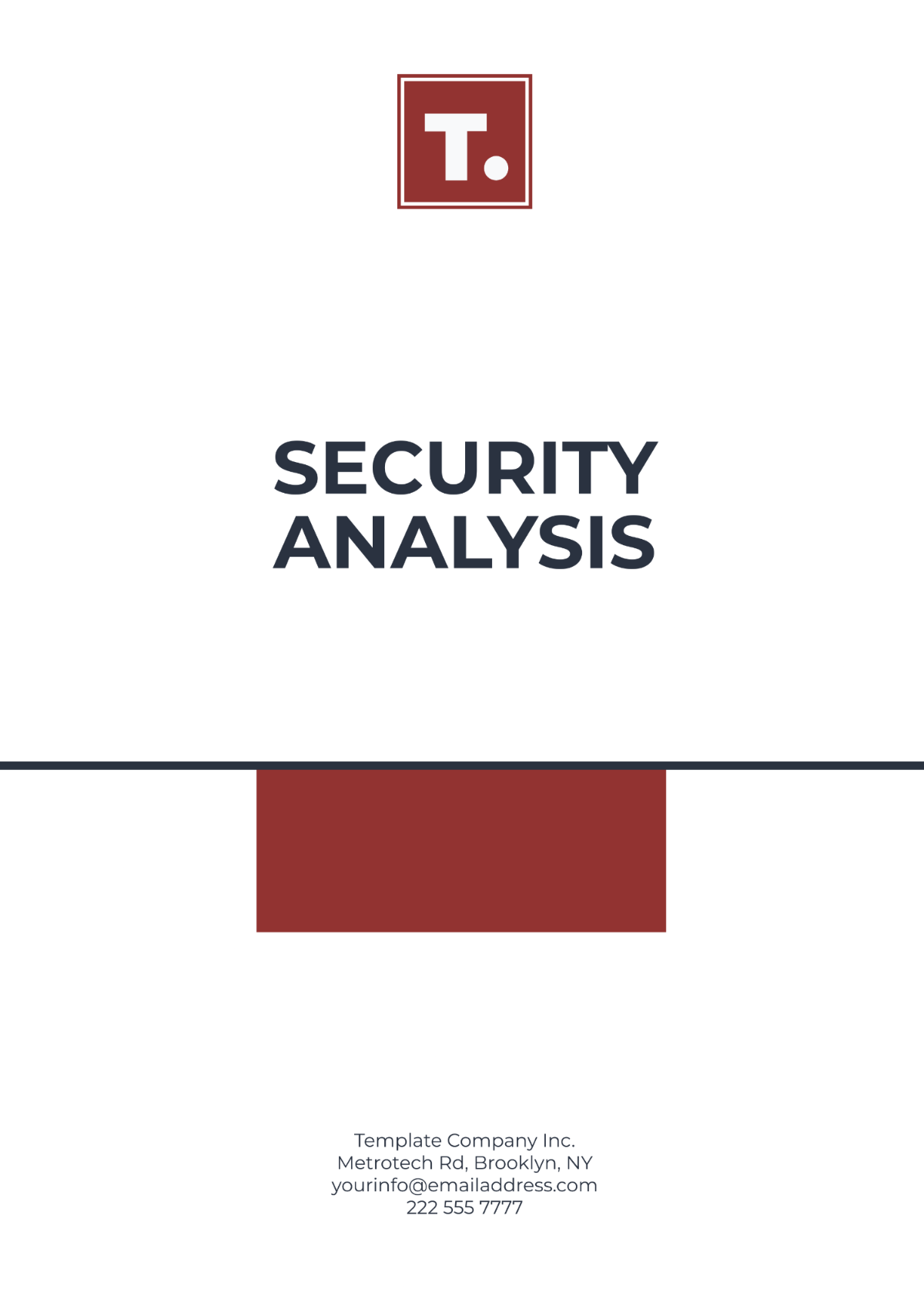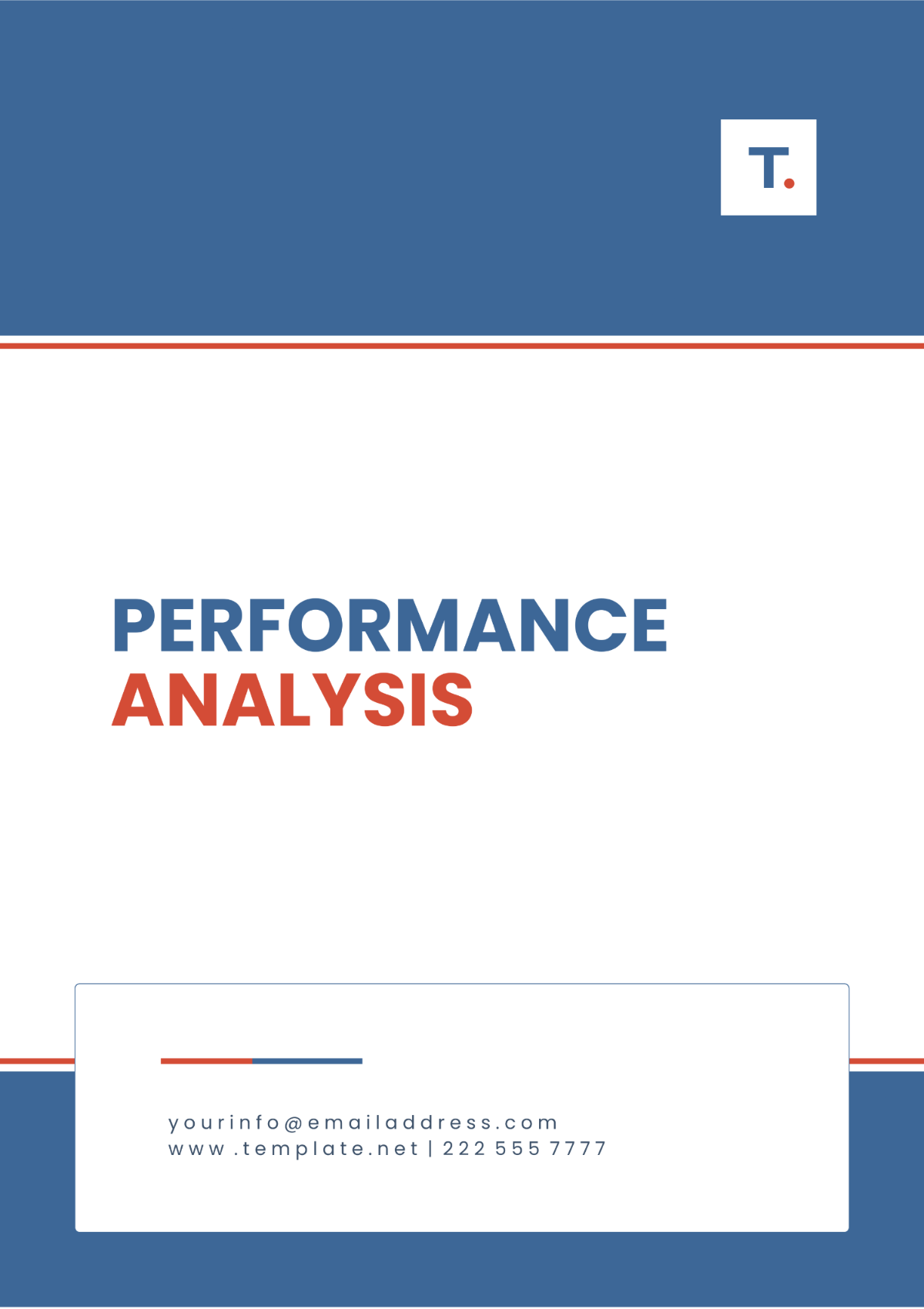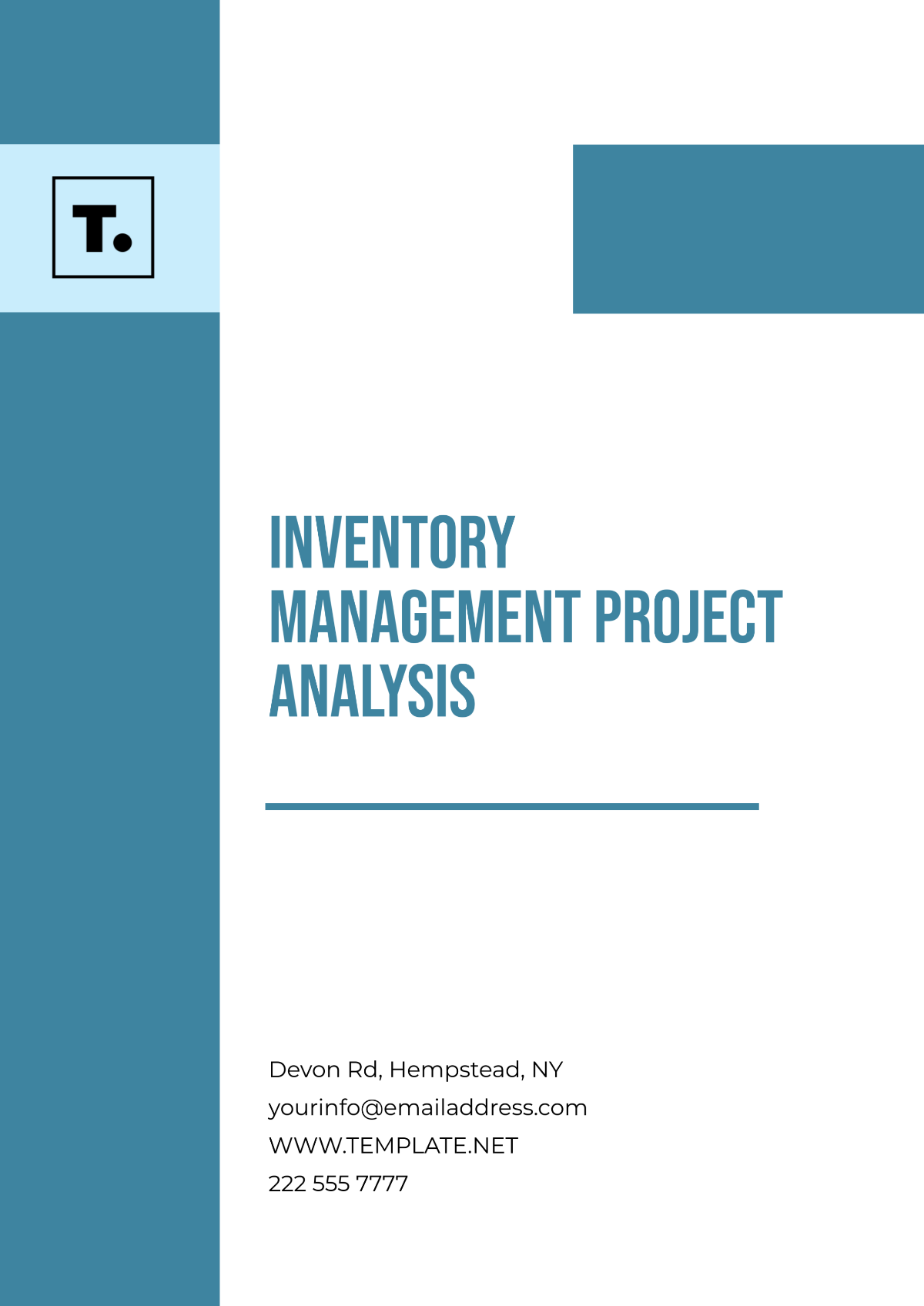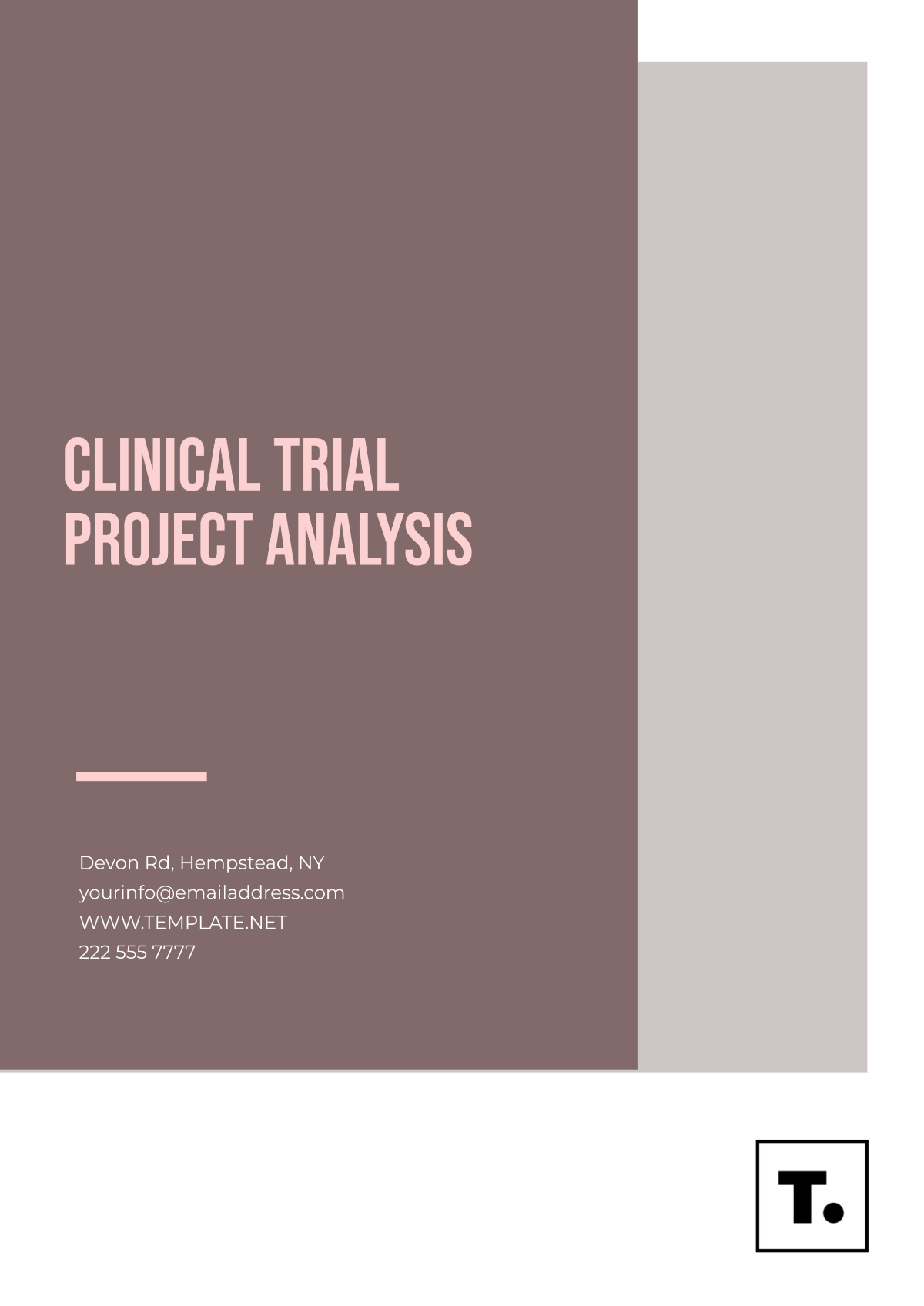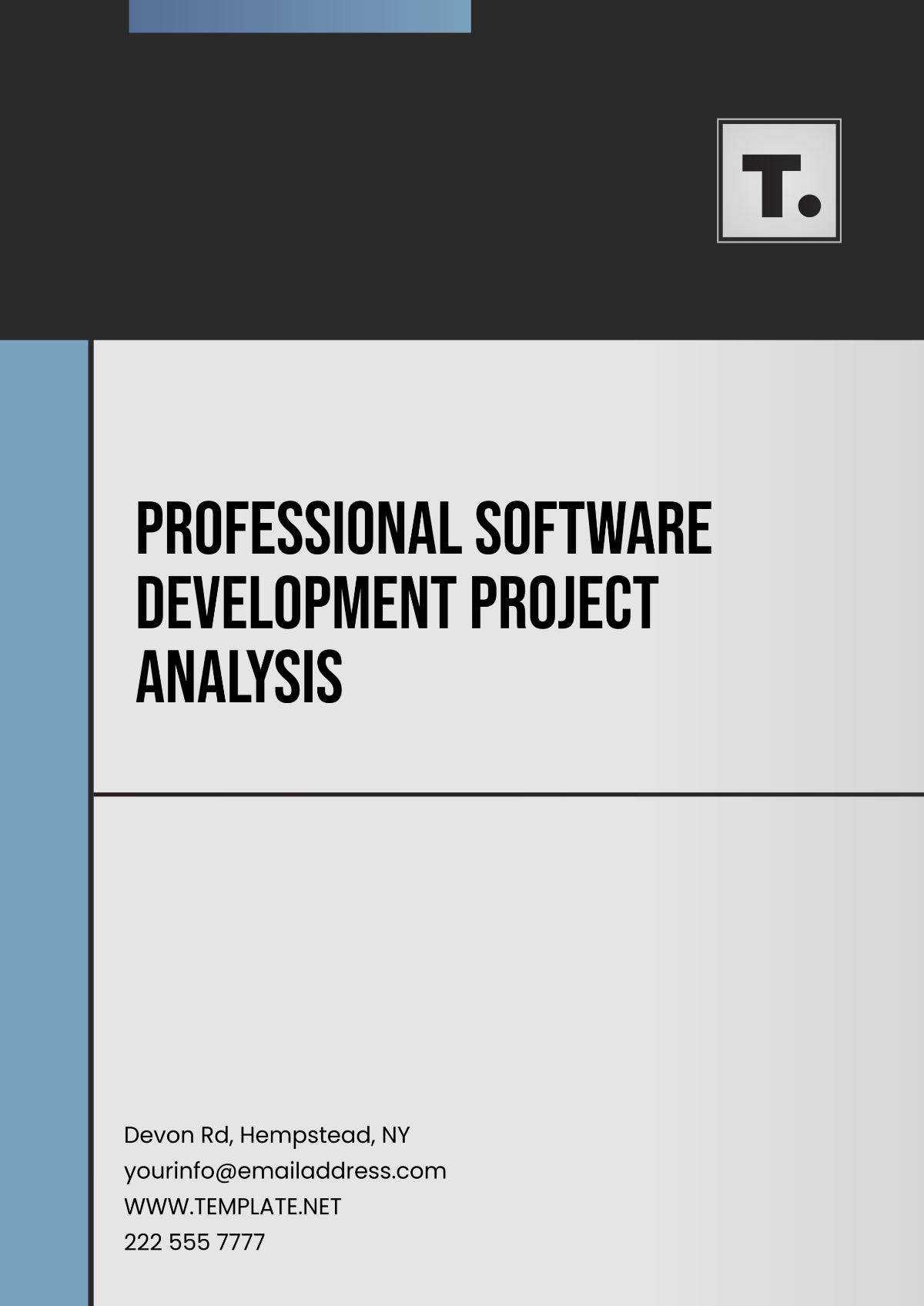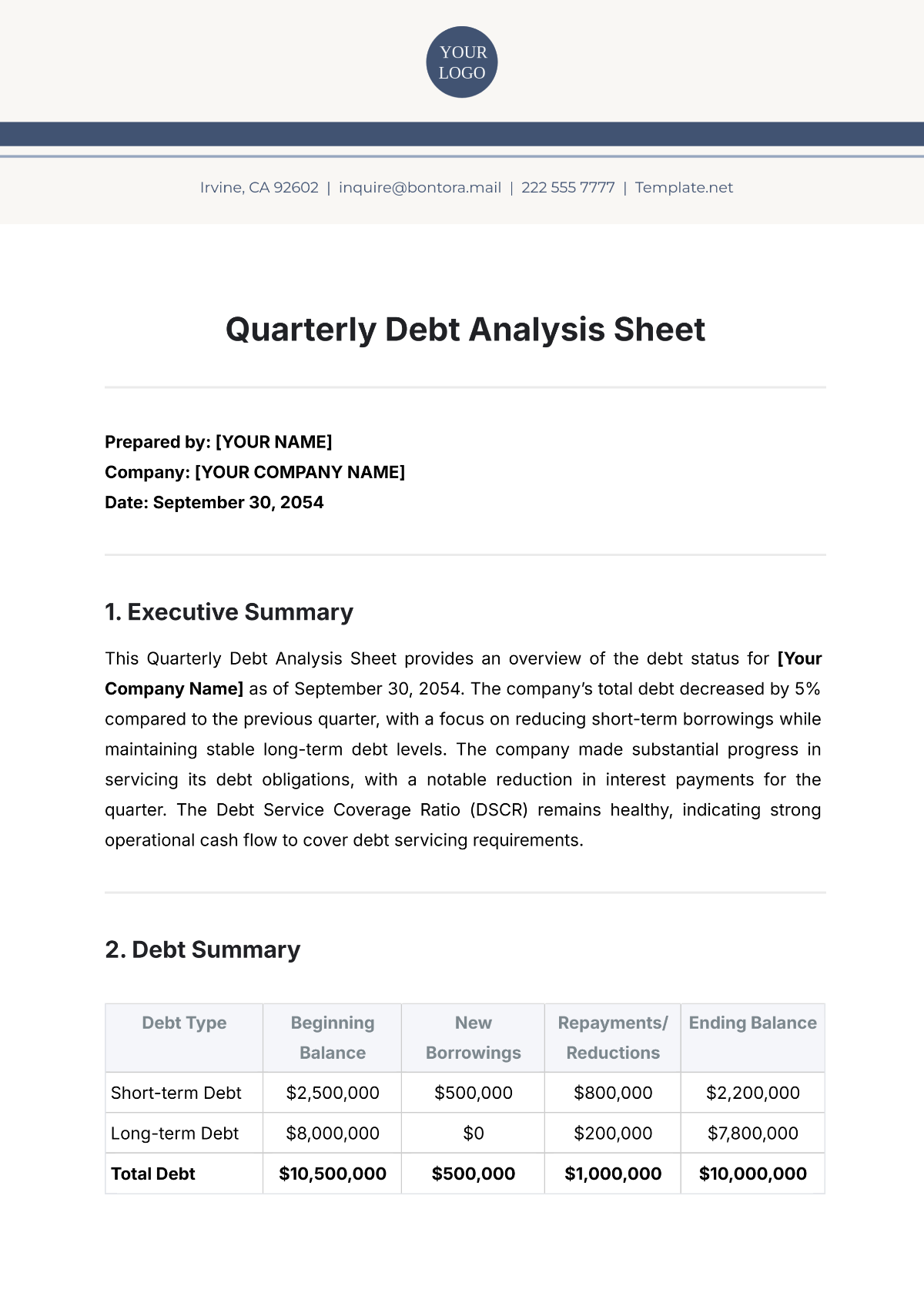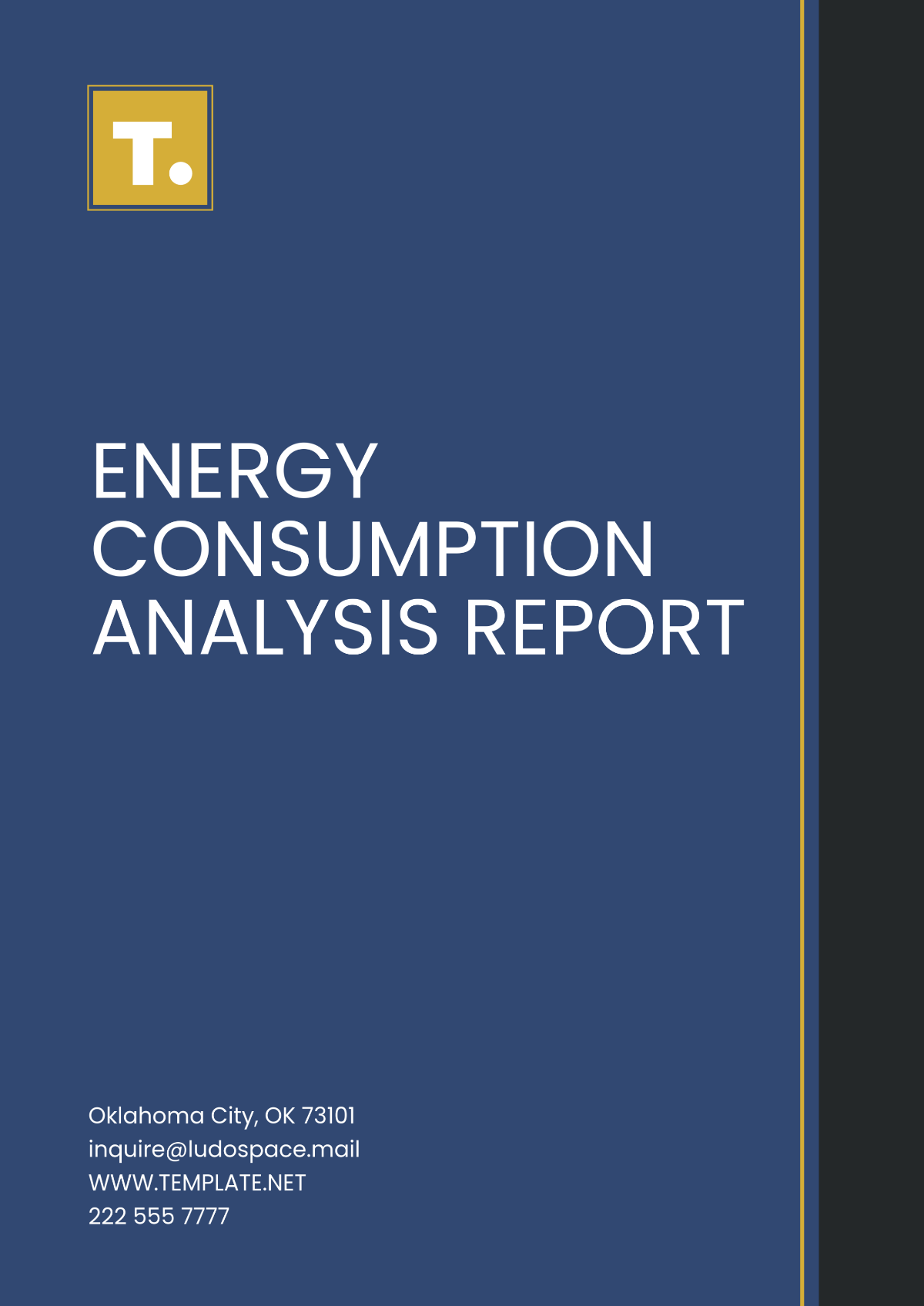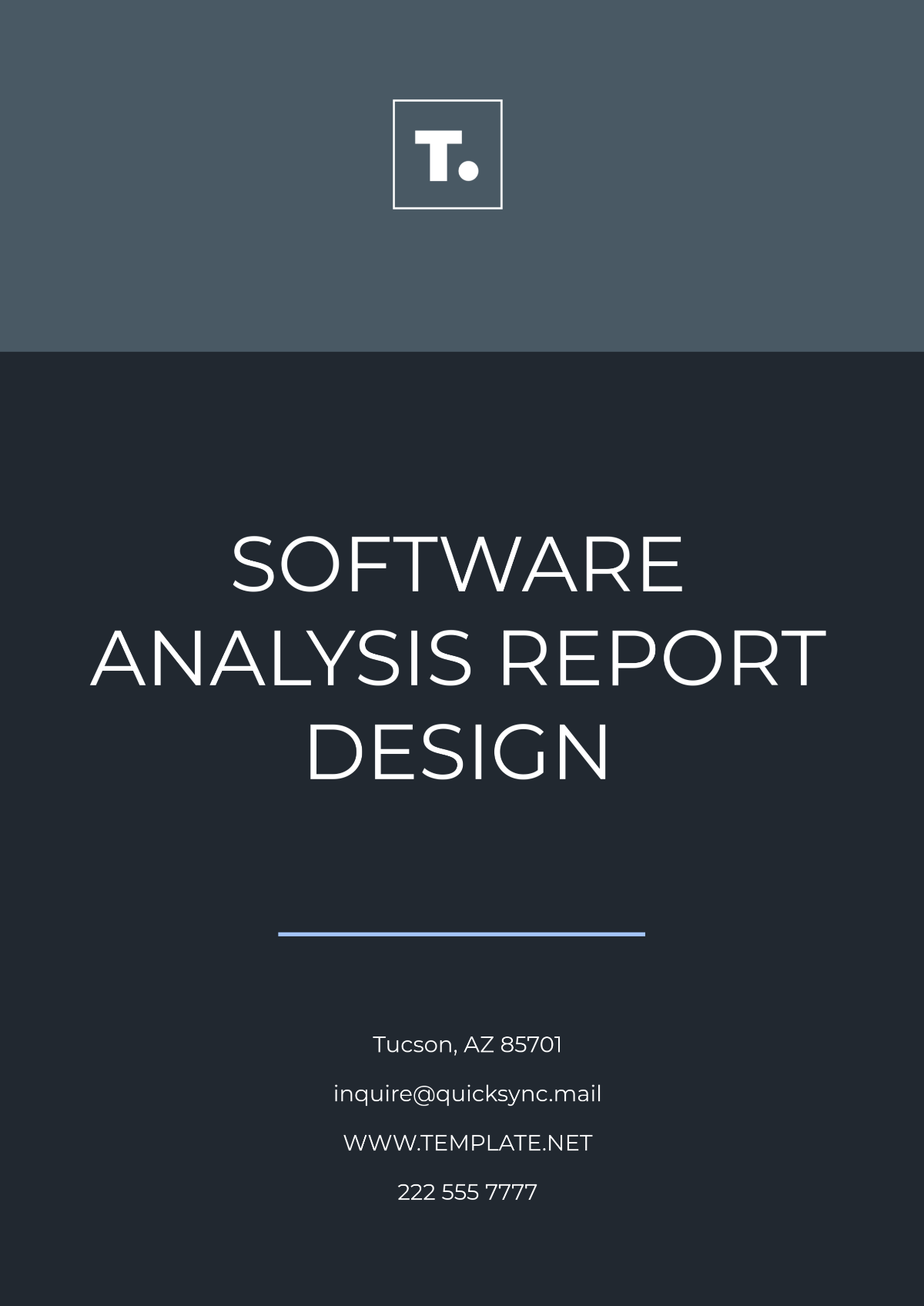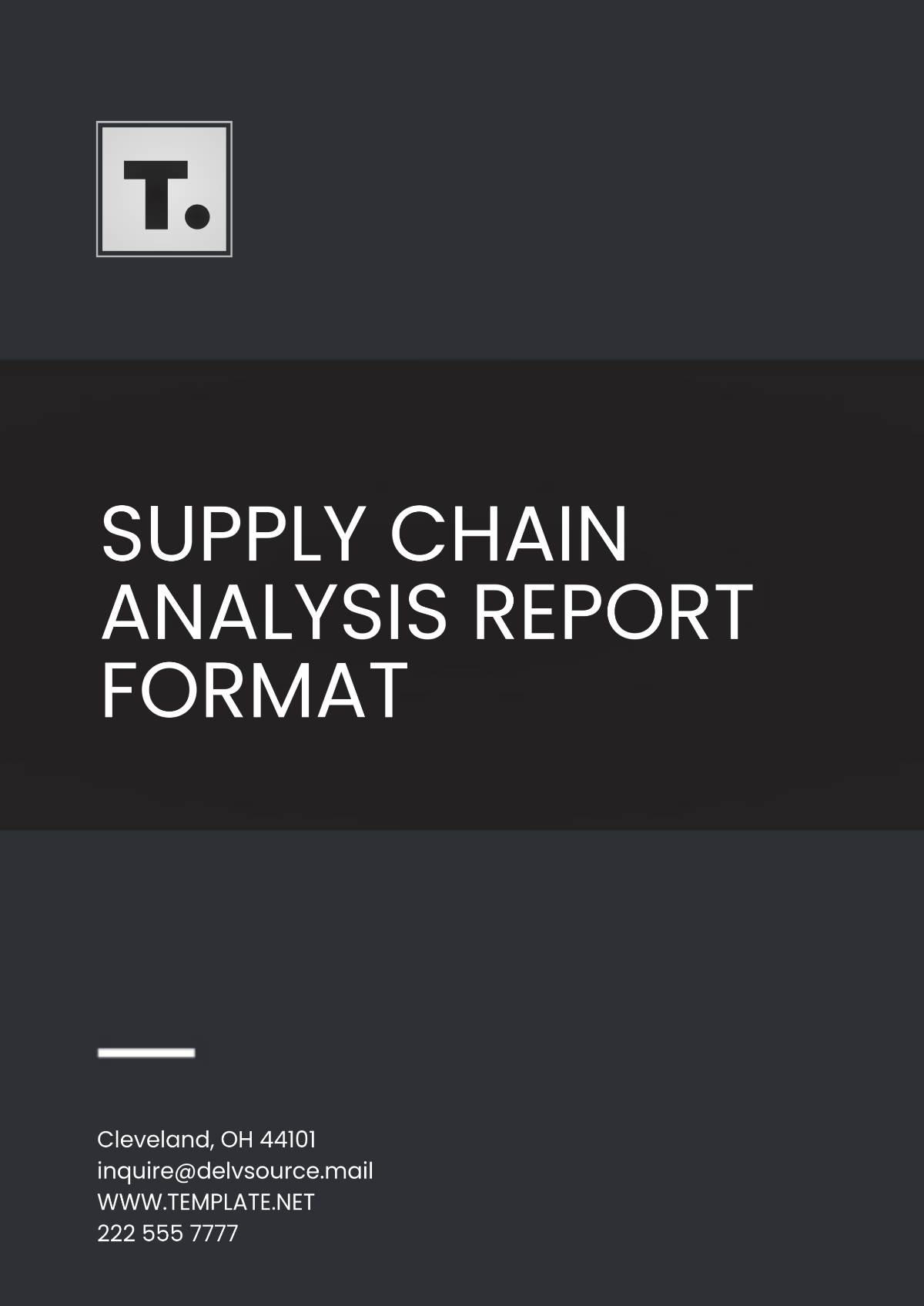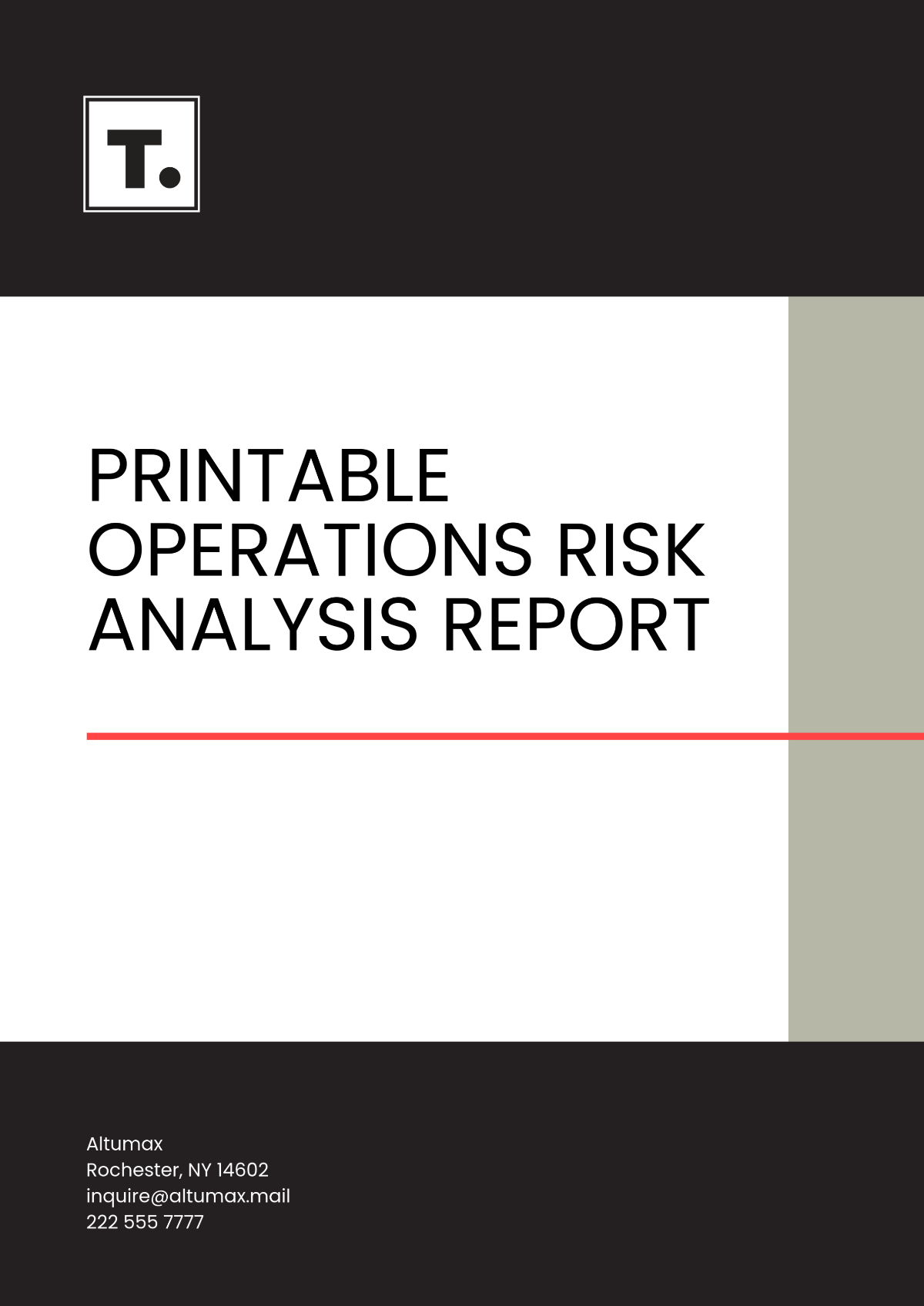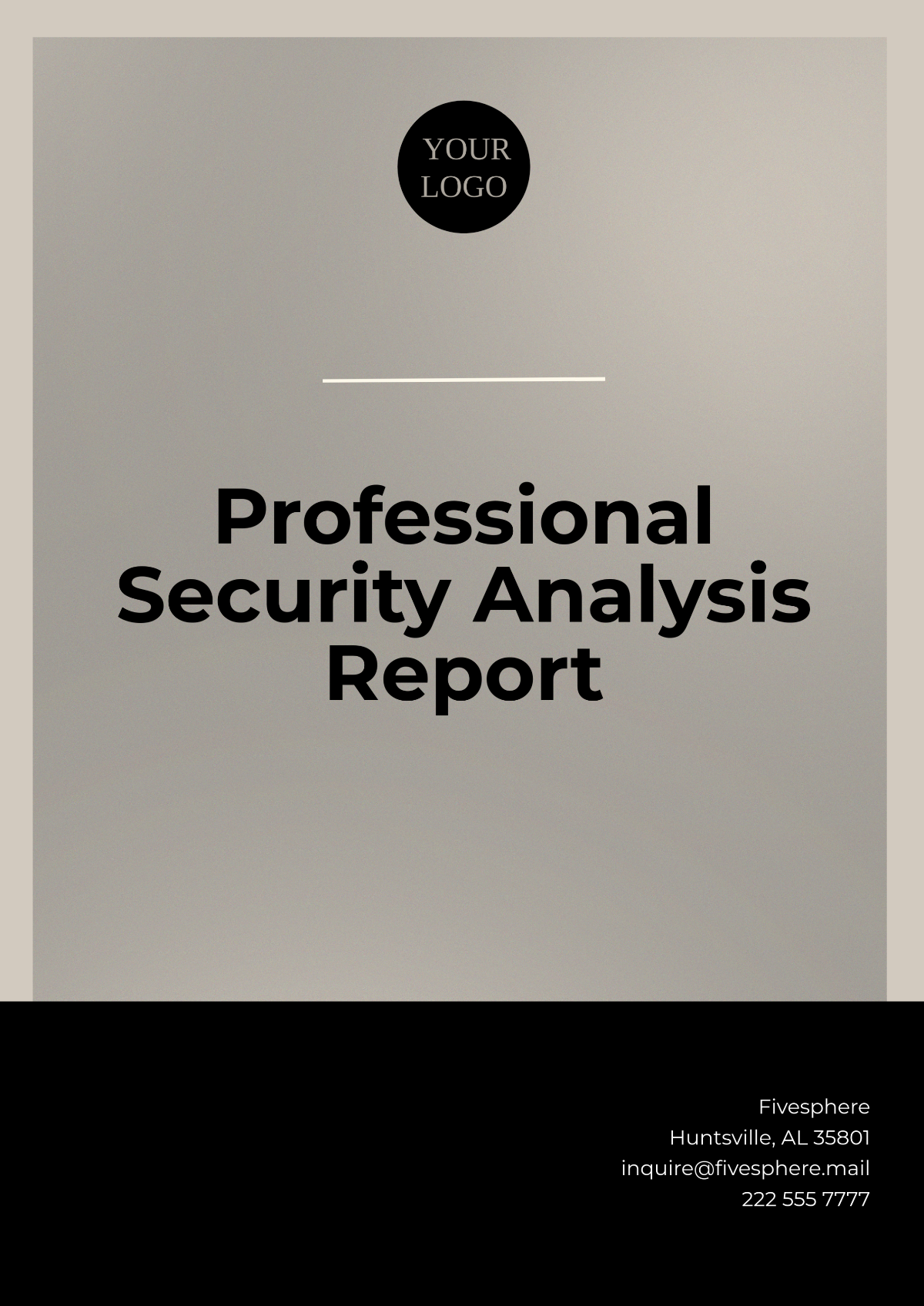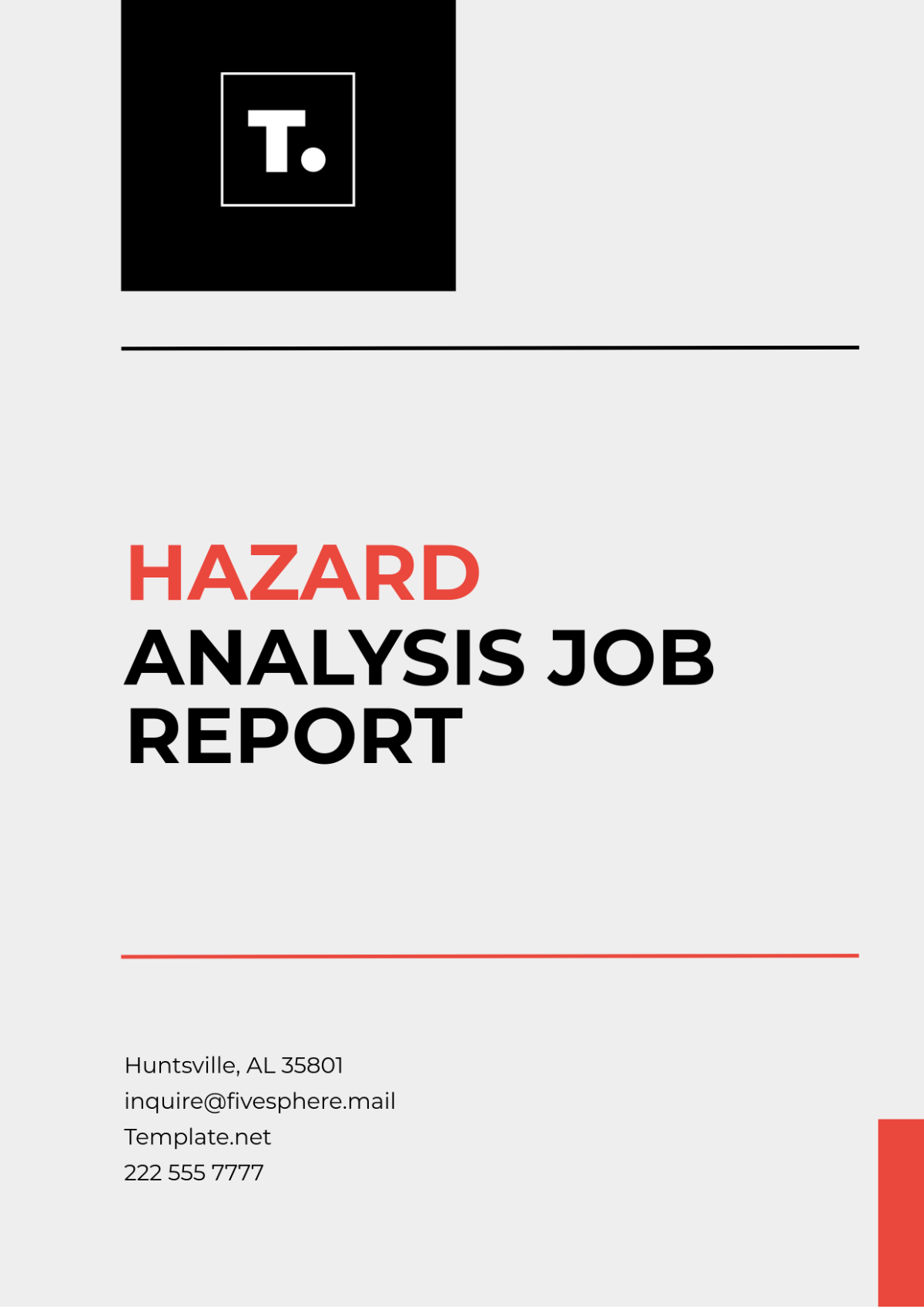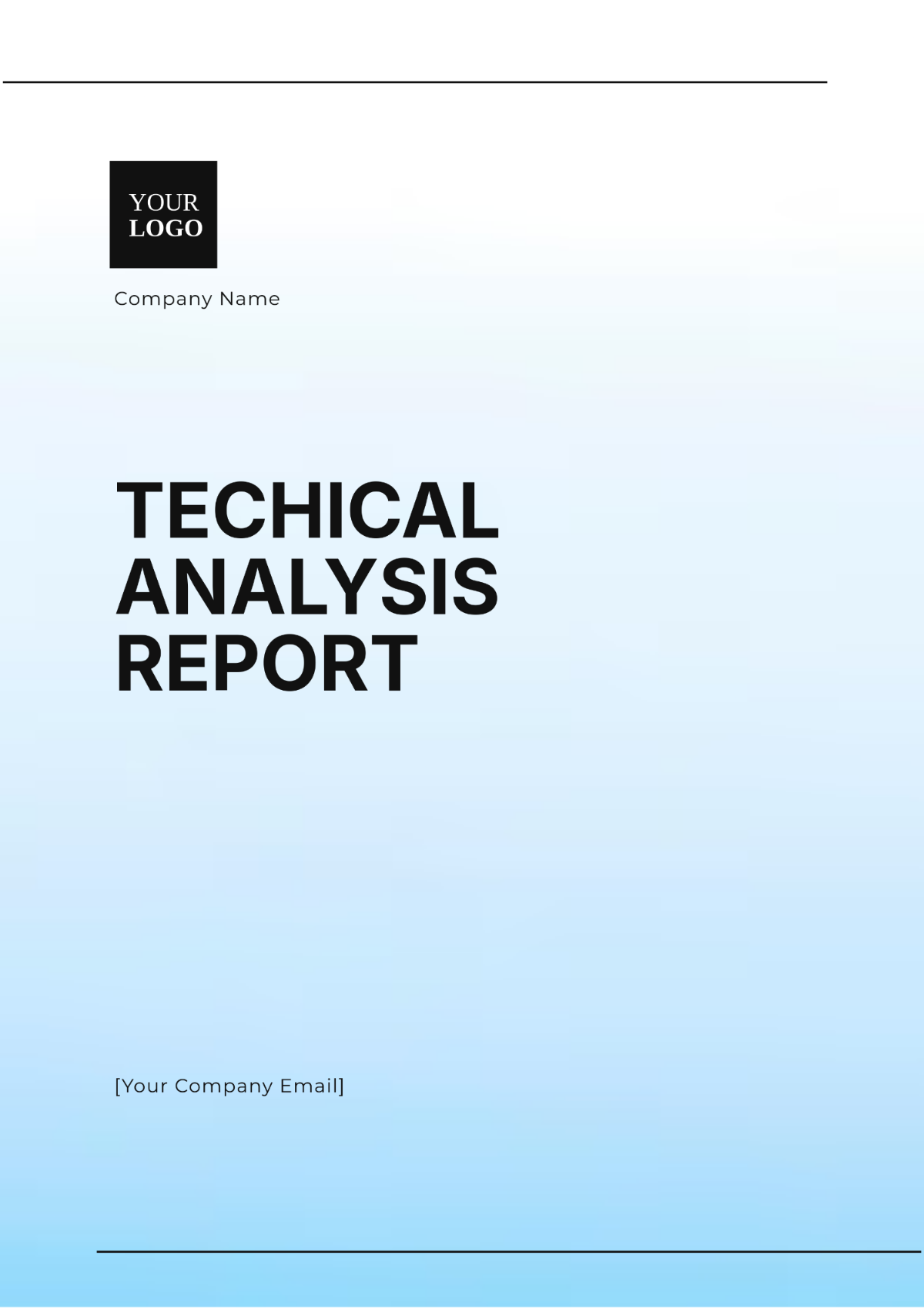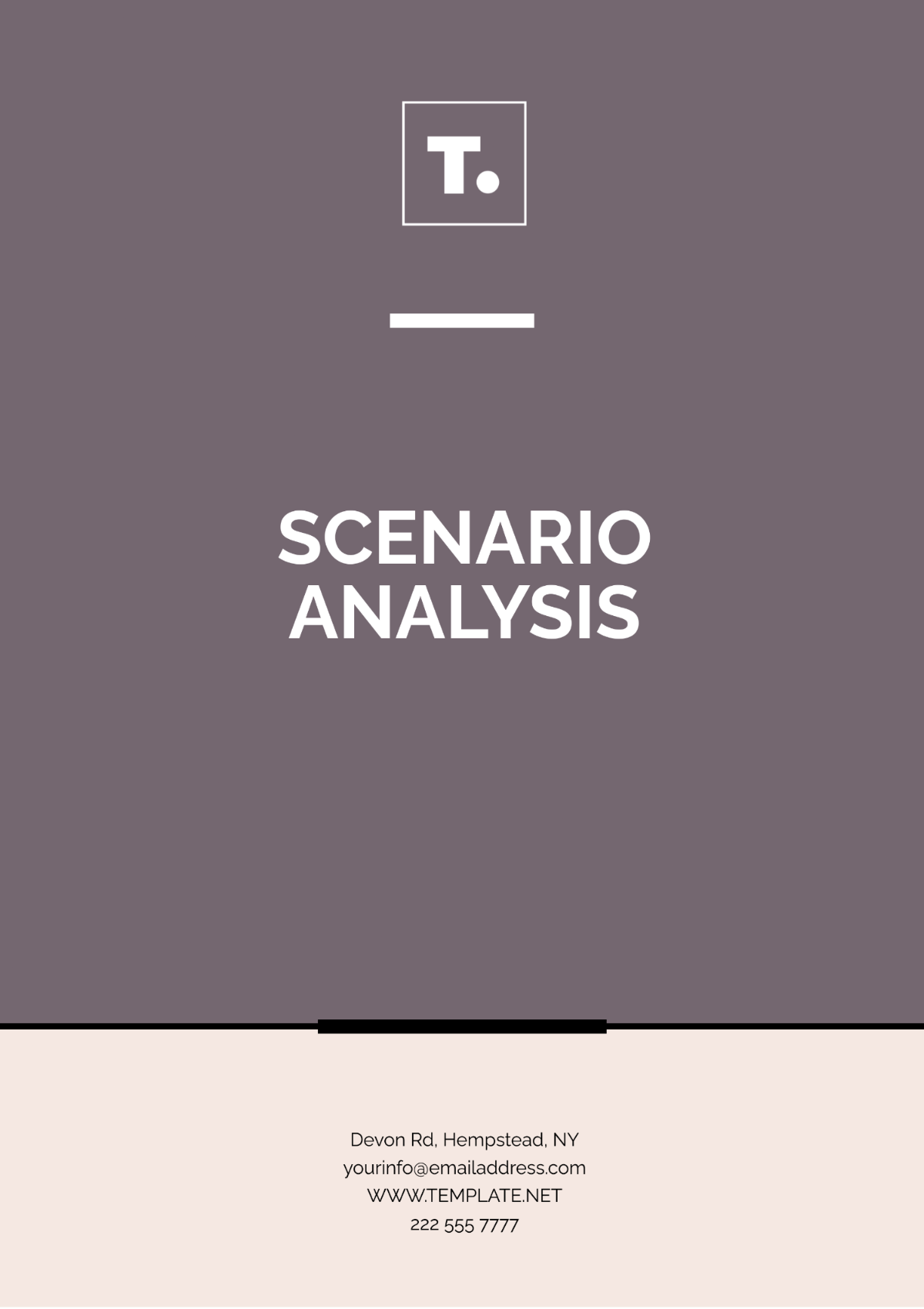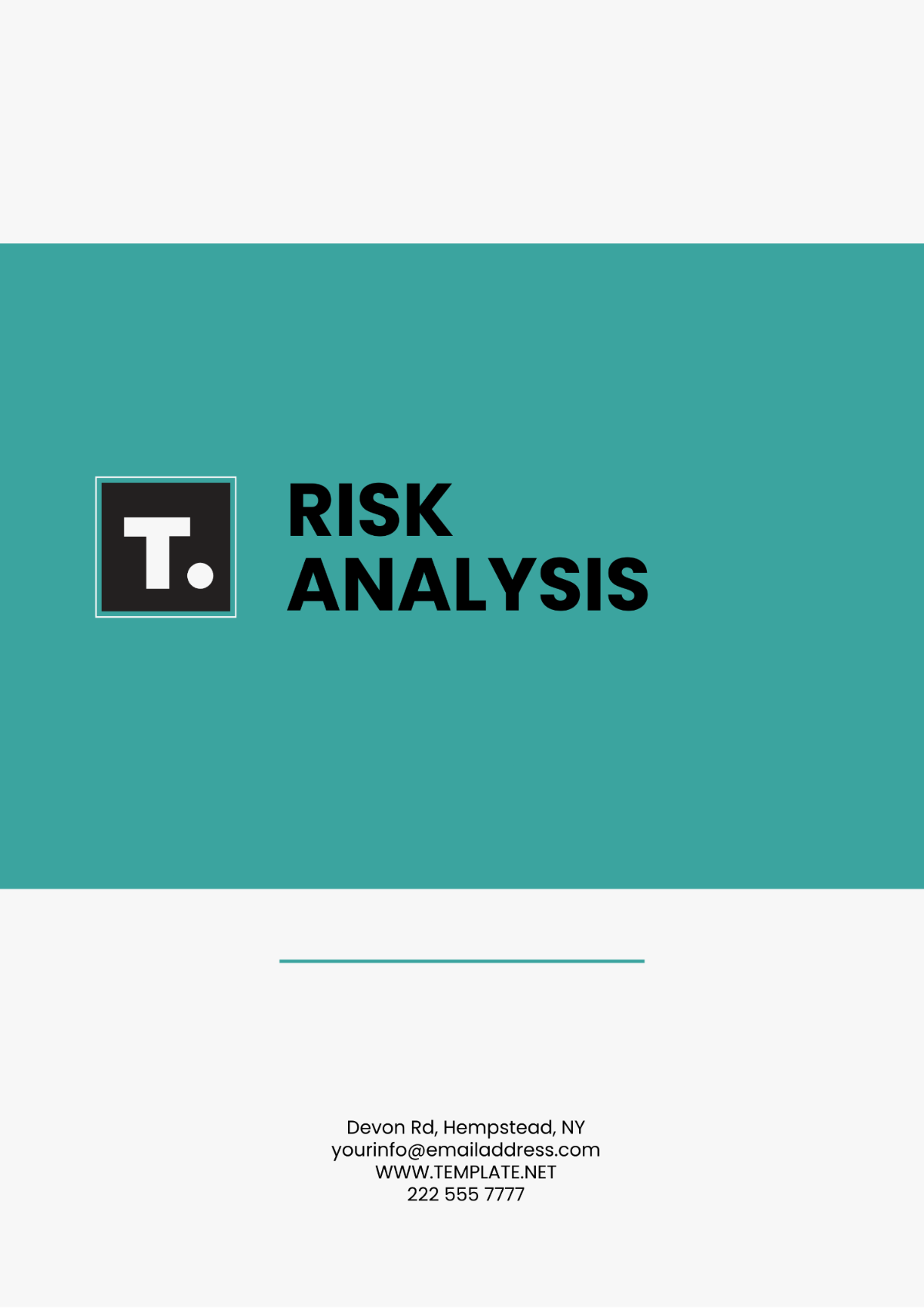Risk Analysis
Prepared by: [YOUR NAME]
Overview
The financial industry is a prime target for cyberattacks due to the high value of the assets and sensitive information managed by these institutions. This analysis provides a detailed risk assessment of cybersecurity threats encountered by financial institutions, emphasizing prevalent threat vectors, potential impacts, and mitigation strategies.
Key Findings
Type of Threat | Likelihood | Impact | Mitigation Strategies |
|---|---|---|---|
Phishing Attacks | High | Severe | Employee Training, Email Filtering, Multi-Factor Authentication (MFA) |
Ransomware | Moderate | Critical | Regular Backups, Encryption, Incident Response Plans |
Insider Threats | Low | Moderate | Access Controls, User Activity Monitoring, Whistleblower Programs |
Distributed Denial of Service (DDoS) | Moderate | High | Traffic Filtering, DDoS Mitigation Services, Network Redundancy |
Data Breaches | High | Severe | Encryption, Cybersecurity Protocols, Regular Security Audits |
Implications
The implications of cybersecurity threats in the financial sector are profound and multifaceted. Effective risk management is crucial to mitigate these threats:
Reputational Damage: Financial institutions can suffer significant reputational damage following a cybersecurity incident, leading to loss of customer trust and revenue decline.
Financial Losses: Direct financial losses can result from theft of funds, ransom payments, and costs associated with remediation and legal fees.
Operational Disruptions: Cyberattacks such as DDoS can cause operational downtime, affecting service delivery and customer satisfaction.
Regulatory Penalties: Financial institutions are subject to stringent regulatory frameworks. Non-compliance due to data breaches can lead to hefty fines and sanctions.
Customer Impact: Breaches of sensitive customer data can lead to identity theft and financial fraud, severely impacting customers.
Addressing these implications requires implementing robust cybersecurity measures, continuous monitoring, and employee education to enhance the overall security posture of financial institutions.
